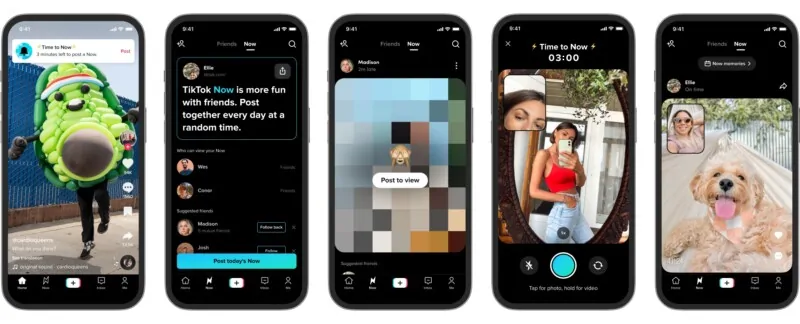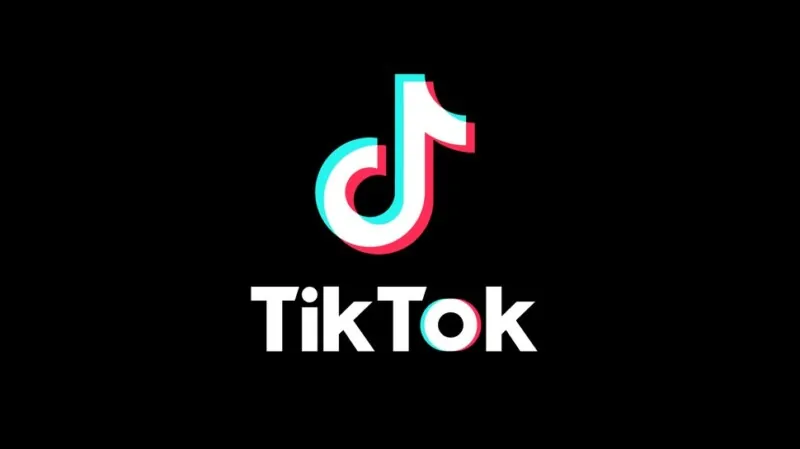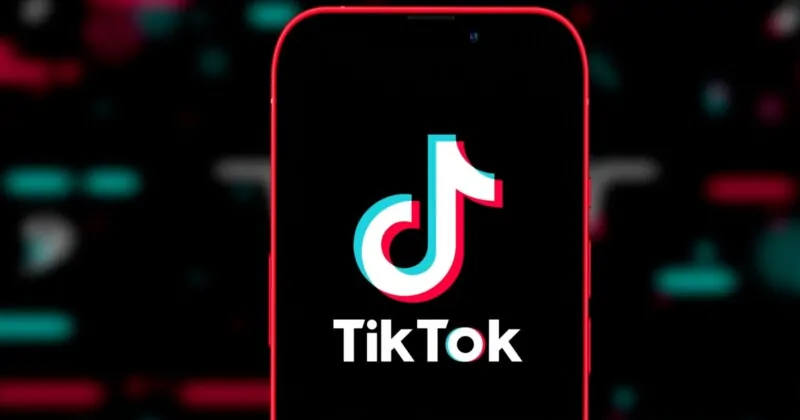TikTok, one of the fastest-growing social media platforms globally, originated in China as Douyin, launched by ByteDance in September 2016. Inspired by the success of Vine and Dubsmash, the short-form video platform provided users with the tools to create and share 15-second videos, often accompanied by music, dances, and comedy sketches.
TikTok’s Global Growth
The app’s rapid growth started in China, amassing 100 million users within a year of its launch. Recognizing the potential for international expansion, ByteDance introduced an international version called TikTok in 2017. By acquiring musical.ly, TikTok further solidified its global presence, attracting teenagers and young adults worldwide with viral features like Duets that facilitated content sharing.
In no time, TikTok reached the milestone of 500 million monthly active users worldwide by early 2019, becoming one of the fastest-growing apps ever. Its popularity surged in India, with over 240 million installs by April 2019, despite facing a brief ban due to content concerns.
TikTok Takes Off in the US

Following its success in Asian markets, TikTok set its sights on the US. After merging with Musical.ly, TikTok officially launched in the US in August 2018. The app’s catchy hashtag challenges and viral memes like #posechallenge and “hit or miss girl” resonated with American teens, leading to exponential growth. Users could go viral overnight by showcasing quirky lip-syncs, dance videos, and comedy skits.
By December 2019, TikTok had surpassed 1.5 billion global downloads and emerged as the most downloaded app in the US. The COVID-19 pandemic further accelerated its popularity, with TikTok consumption skyrocketing.
The TikTok Ban Controversy
TikTok’s connections to China drew scrutiny and concern over data collection from the US government, prompting discussions about banning the app in 2020. The Trump administration issued a temporary ban on new TikTok downloads in September 2020 after pressuring ByteDance to sell TikTok’s US operations. However, court challenges halted the ban’s enforcement before President Biden ultimately revoked the order.
The controversy highlighted TikTok’s meteoric rise as a foreign-owned app deeply embedded in American youth culture. Critics raised concerns about problematic content shown to young users, prompting TikTok to implement parental controls and emphasize content moderation independence from China.
The TikTok CEO: Kevin Mayer’s Brief Stint
During its ascent to global prominence, TikTok faced leadership challenges in 2020. Kevin Mayer, hired as CEO in May, departed after just three months due to escalating tensions with the US government. Vanessa Pappas assumed the interim leadership role as general manager of TikTok US. Mayer’s resignation underscored the immense pressure the app faced as it rapidly expanded.
Features Driving TikTok’s Continued Growth
A significant factor contributing to TikTok’s addictiveness is its incredibly accurate recommendation algorithm. The “For You” feed analyzes user behavior, delivering an endless stream of engaging short videos tailored to individual interests. Regular additions of features like green screens, captions, and reactive stickers further enhance the app’s appeal to content creators. Staying true to current trends and viral sounds allows for widespread remixing and sharing among TikTok communities.
New features like TikTok Now for capturing daily moments and TikTok LIVE for live-streaming signal the platform’s ongoing evolution. As TikTok continues to innovate and expand into emerging markets, it solidifies its position as a top social media contender.
The Future of TikTok
Having overcome significant political threats, TikTok now faces the challenge of maturing into a lasting platform. Critics have accused it of promoting time-wasting and negatively affecting attention spans. However, TikTok’s influence on entertainment and culture remains undeniable, as more individuals seek short-form videos for information and entertainment.
With a focus on expanding ecommerce capabilities and creator monetization tools, TikTok’s future seems promising. Its enduring appeal lies in providing an endlessly fun space for creativity, capturing the hearts of billions worldwide.
In just a few years, TikTok has revolutionized social media, leaving an indelible mark on the late 2010s and early 2020s. Its origins as a Chinese app with a global vision have made TikTok’s rise a fascinating journey to witness.
—> Recommended
- Asus Zenfone 10 vs One Plus 10 Pro
- Asus Zenfone 10 vs Google Pixel 7
- Asus Zenfone 10 vs Samsung Galaxy S23
- Asus Zenfone 10 Review
Fueled by its short-form video technology and captivating recommendation algorithm, TikTok resonates profoundly with the mobile-first generations. The app’s continued ability to generate viral trends among young users reflects its powerful cultural influence.
Despite challenges and controversies, TikTok’s future looks bright. As it continues to attract users and shape internet culture, TikTok remains an exciting and creative space in our digital lives.











Add Comment